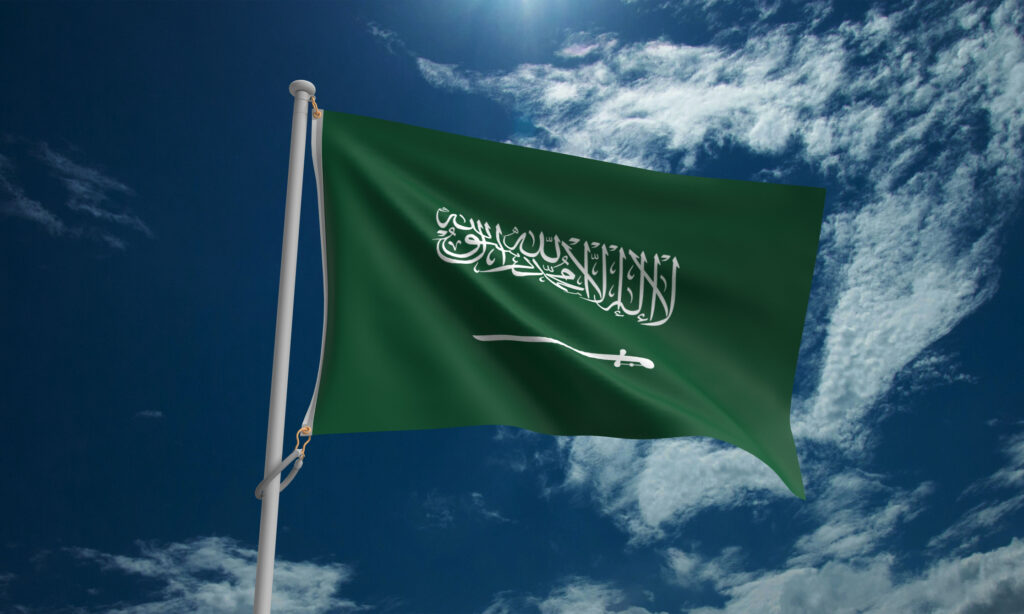(Oil Price) – OPEC+ served two surprises to the oil trading world in a matter of weeks. First, it said it would bring back three times the amount of oil supply it planned to originally in May.

Then, it said it would repeat the exercise in June. And then it emerged that Saudi Arabia is raising selling prices for Asia when it would have made more sense to cut them, on the face of it. OPEC+ is in the spotlight and it’s probably enjoying it as prices slide further down and U.S. shale drillers curb activity.
OPEC+ said in April it would add 411,000 bpd to its collective output in May, throwing the oil market in disarray after curbing supply for months in a bid to prop up oil prices. The move was such a reversal of tactics that it was quite understandable that it took everyone by surprise. Prices fell. Speculation abounded, with analysts suggesting anything from Saudi Arabia doing Trump’s bidding to being so desperate they’d opted for flooding the market in the tried and tested method of dealing with competition in a rather final way.
Officially, OPEC+ members that have been cutting their output said that the market fundamentals were healthy enough to absorb not one but two monthly boosts of 411,000 bpd each. Unofficially, the story is that the Saudis got fed up with the Iraqis and the Kazakhs who have been overproducing pretty much since the production cuts began. Kazakhstan really annoyed Riyadh, per that story, by not just overproducing but reaching record-high output levels earlier this year.
Some cited data about Asian crude oil imports as evidence that OPEC+ is trying to pump up a narrative that does not reflect reality. The argument is that imports into the biggest demand region are weakening and global inventories are only slightly below the five-year average. So, we have a pretty well-supplied market, and OPEC+ is shooting itself in the leg with the output additions.
Of course, there is also the oil demand outlook. The oil demand outlook is grim if one follows the International Energy Agency. But Saudi Arabia, OPEC’s leader, does not follow the International Energy Agency. In fact, Saudi Arabia has a serious issue with the IEA and its forecasts, which the Saudis have slammed as blatantly biased in favor of the energy transition.

